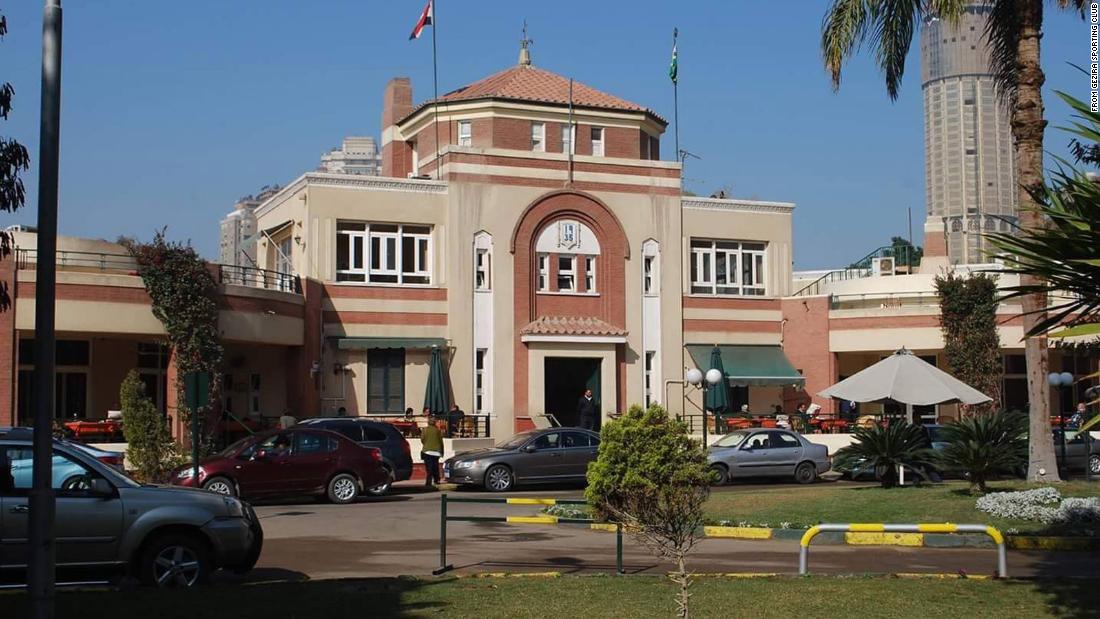The state-run Al-Ahram newspaper said today, Monday, that the cake caught the attention of authorities after a Facebook post surfaced showing a group of women eating them at a birthday party at a Cairo community club.
The semi-official Akhbar Al-Youm newspaper said that the baker was arrested and released after paying bail of 5,000 Egyptian pounds ($ 318).
Pictures of women eating cakes with a penis and a iced layer in the shape of a vagina on Al Jazeera Club went viral on Facebook this week, sparking controversy among Egyptian social media users.
Al-Ahram said, “After the investigations, it was possible to identify the manufacturer of the sweets … The security services managed to detain her in her home in Cairo, where she was using her house to manufacture sweets.”
The Ministry of Youth and Sports is investigating.
“We will not tolerate [with our decisions]The ministry spokesman Mohamed Fawzi said on a news program on Egyptian TV.
Dar Al Ifta, the largest Islamic religious body in Egypt, issued a statement saying that sexual innuendo on cakes is religiously forbidden and legally criminal, and described the incident as a “flagrant offense to societal values.”
The incident caused an uproar among Egyptian social media users and was the highlight of the country’s talk shows.
Some on social media criticized the women involved and called for further action by the authorities, with allegations that the incident was an attack on “family values.”
But others offered support and criticized Egypt’s slow response to arresting harassers, rapists and sexual offenders compared to measures taken against women.
Since taking power in 2014, Egyptian President Abdel Fattah El-Sisi has passed a number of laws tightening the government’s control of the internet.
One legislation strengthened the government’s ability to target social media as part of its ongoing efforts to suppress dissent, including classifying social media accounts with more than 5,000 followers as public sites and thus worth monitoring.
Last week, an Egyptian appeals court overturned prison sentences for two TikTok influencers, in a high-profile public morality case.
Haneen Hussam and Mawaddah Al-Azem were charged with “violating family values and principles and creating and managing Internet accounts to commit this crime.”
They were initially sentenced to two years in prison in July 2020, and a fine of 300,000 Egyptian pounds (about 19,000 US dollars) each.

“동민은 커피에 대한 깊은 지식을 갖춘 전문가로, 다양한 커피 블렌드와 추출 방식에 대한 연구를 해왔습니다. 게임 세계에서도 그의 이름은 잘 알려져 있으며, 그의 취향은 다양한 게임 장르를 아우릅니다. 알코올과 특히 베이컨에 대한 그의 열정은 독특하며, 다양한 행사와 이벤트의 주최자로서 그의 통찰력은 뛰어납니다.”








